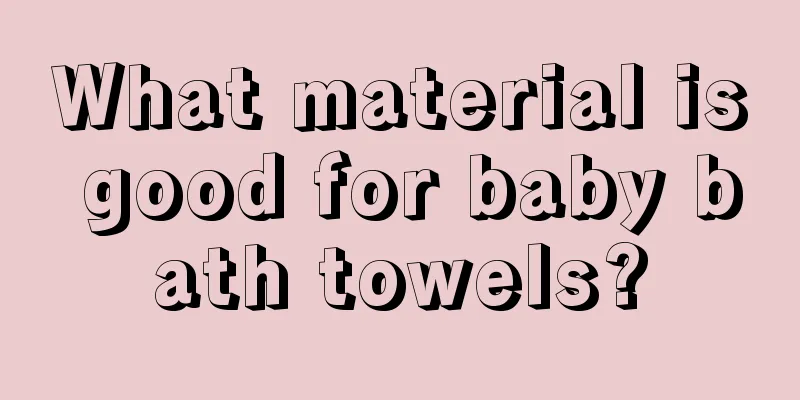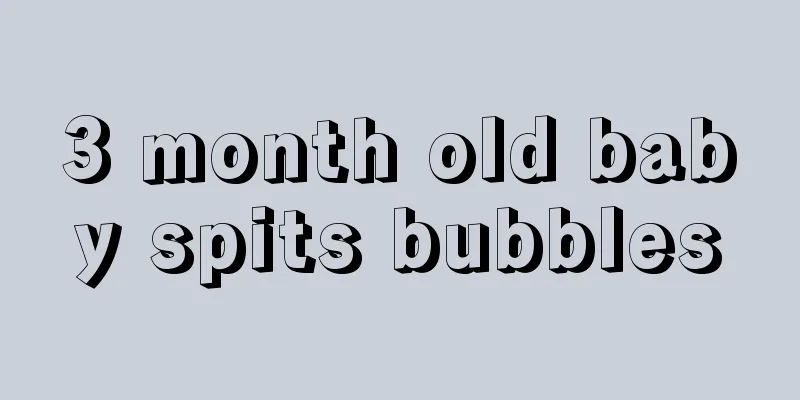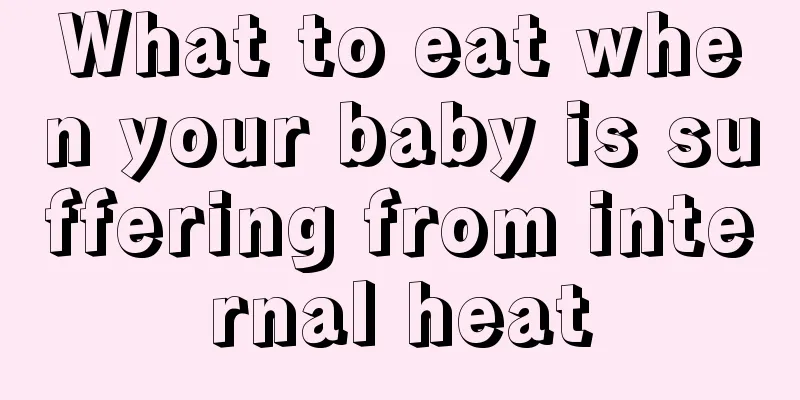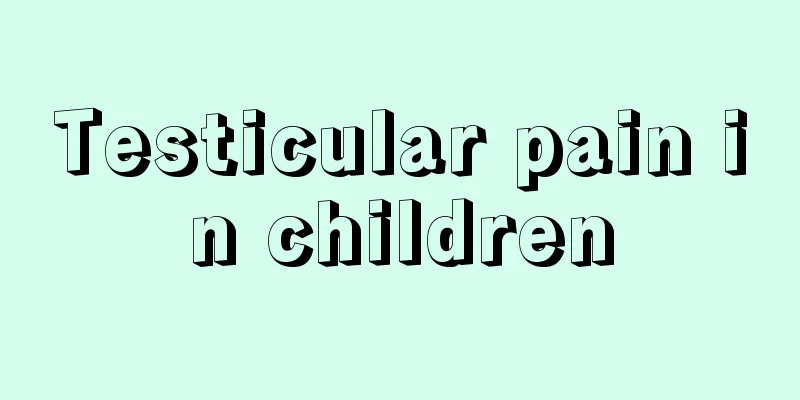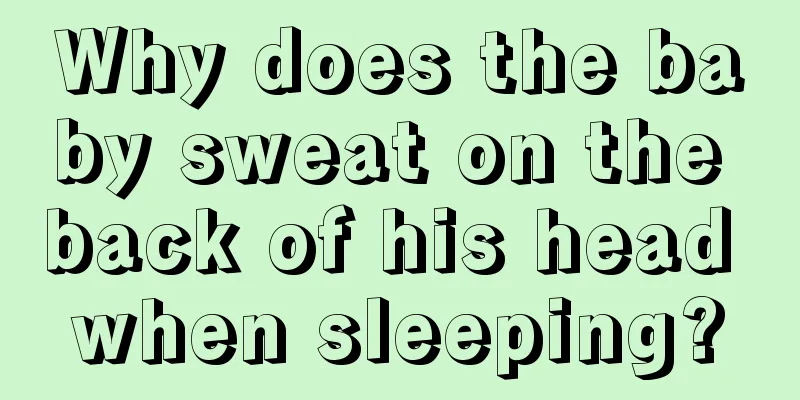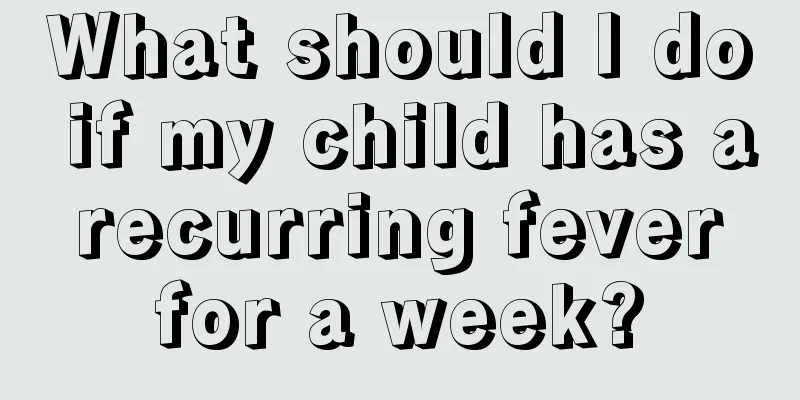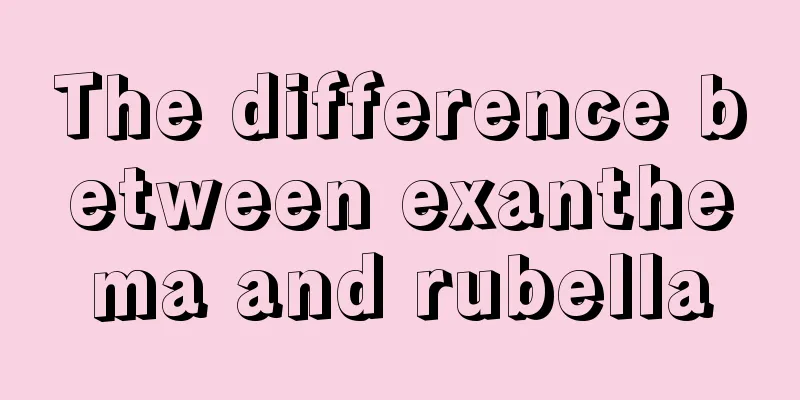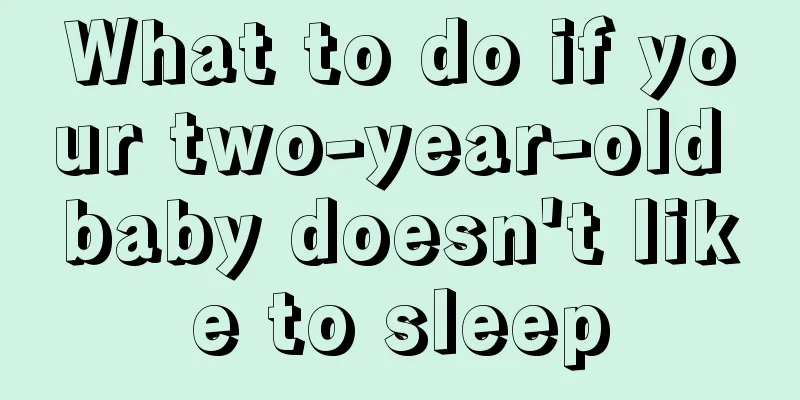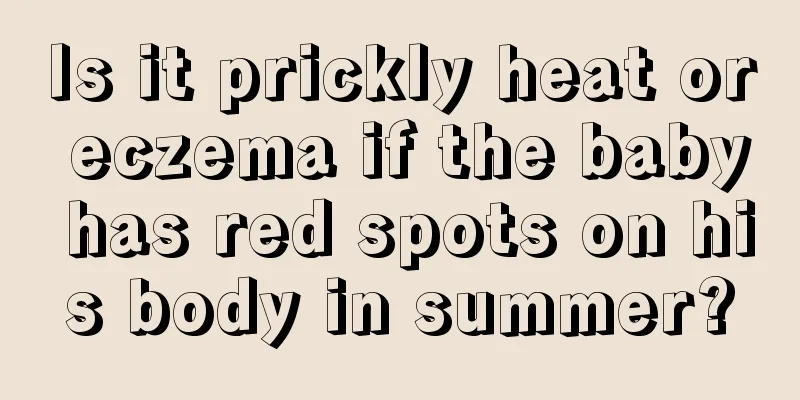What to do if your child keeps drooling
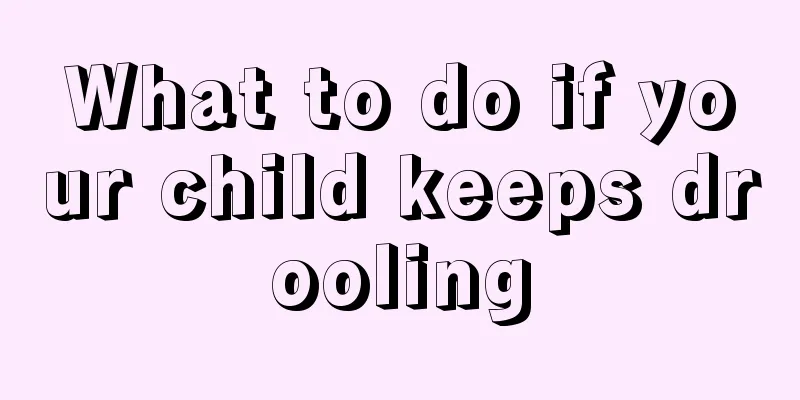
|
If a child drools occasionally, it is not a serious problem. However, if the child keeps drooling, it will pose a threat to the child's health. Therefore, many parents must pay attention to it. The following content introduces in detail what to do if the child keeps drooling. Therefore, in order to treat your child's drooling, you need to take a comprehensive look at the following introduction. Some babies drool a lot, and if they are not careful, they will drool. When it was severe, it even soaked the clothes underneath. So why do babies drool so much? What does the baby's drooling indicate? We should first find out the reason why the baby drools so much, see if there is any pattern to the baby's drooling, and then prescribe the right remedy. Only then can we solve the problem of baby drooling in a good way. First, find out your child’s age in months. Drooling in children is mostly a normal physiological phenomenon. Children aged 6 to 7 months often drool. After 1 year old, as the brain develops fully, drooling occurs less frequently. When children are 2-3 years old, their swallowing function and central nervous system are further improved and they will stop drooling. 1) The teething period is around six months. Drooling is more obvious in infants during the teething period. During this period, the mouth is an important organ for infants to obtain satisfaction. Increased saliva will reduce the pain of gums. Increased saliva is a physiological phenomenon, not a disease. No treatment is required. Just pay attention to care. The drooling condition will improve as the baby grows older, his swallowing ability and lip closure ability improve, his teeth gradually sprout, and the volume and depth of his oral cavity gradually increase. Mothers do not need to worry too much. 2) If your baby is still drooling after all his teeth have grown in at the age of 2 to 3, it may be pathological drooling. This may be caused by poor neurological or endocrine development, inflammation in the oral cavity, and indigestion, and must be diagnosed and treated. For example: when the oral mucosa is inflamed, it stimulates the secretion of the salivary glands and increases saliva production. Some saliva also contains yellow or light red mucus and has a bad odor. At this time, you should go to the dental department for diagnosis and treatment. When children have a cold or have difficulty breathing, they often breathe through their mouths, which can also cause drooling. Some children may also drool due to incomplete intellectual development of the brain or endocrine system diseases. In this case, they should see a pediatrician. What should you do if your child keeps drooling? The above content provides a detailed introduction. After understanding the treatment method, in order for your child to stop drooling, you must take your child to a large hospital for a comprehensive examination, understand the treatment method, and then through treatment, so that your child who has been drooling will recover as soon as possible through treatment. |
<<: Clinical manifestations of intestinal malabsorption syndrome in children
>>: Causes of peeling toes in children
Recommend
What should I do if my child has an itchy throat and dry cough? Parents can do this
If a child has an itchy throat and dry cough, par...
Solution to mycoplasma infection in three-year-old babies
Most of my friends have babies. It seems so hard ...
What to do if fetal scalp edema
Fetal scalp edema is a relatively serious disease...
How to know if the baby is hot or cold
The first reaction of a newborn after birth is cr...
Mild pulmonary regurgitation in children
Now with the development of society, the environm...
What's going on with the white spots on the newborn's neck?
Children are inherently a vulnerable group becaus...
What to do if a four-month-old baby has diarrhea
Since babies are not well developed yet, their di...
Why are baby teeth yellow?
What is the reason for the yellow teeth of babies...
What should I do if my baby has mild anemia?
Once there is a little problem with the child'...
What to do if your child speaks with a lisp
As children grow older, the time for them to lear...
How long does it take for a newborn to open his eyes?
In our lives, many newborn babies do not open the...
What are the consequences of precocious puberty?
Precocious puberty is often a disease suffered by...
Will you grow taller by frequently basking in the sun?
If a child is short, it will affect his future em...
Why is my baby’s leg twitching? Parenting experts reveal the answer
If the baby has leg cramps, parents need to pay c...
Why does the baby suck his fingers when sleeping?
The question I want to discuss with you today is ...
